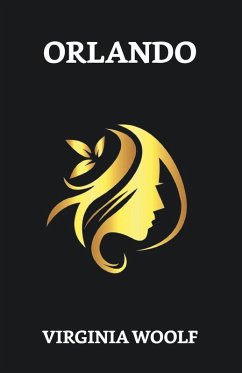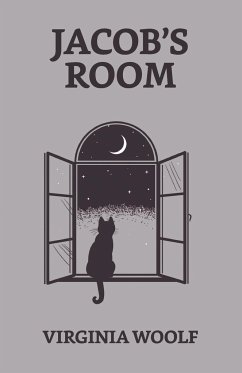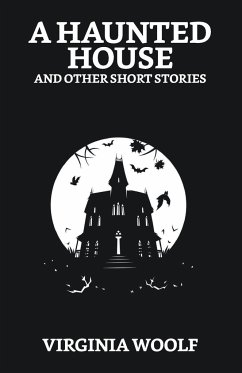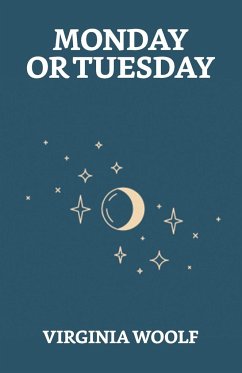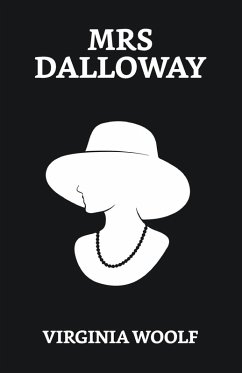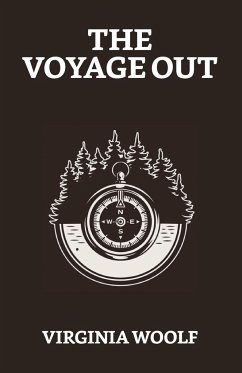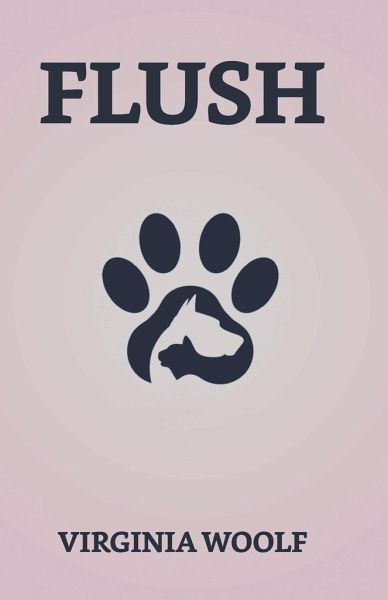
Flush
Versandkostenfrei!
Versandfertig in 1-2 Wochen
12,99 €
inkl. MwSt.

PAYBACK Punkte
6 °P sammeln!
"Flush" by Virginia Woolf, is the biography of a red cocker spaniel that was owned by English poet Elizabeth Barrett Browning. Woolf's inspiration was her own cocker spaniel, Pinker. Woolf had read the letters and poems that Browning had written about her dog, Flush. Woolf decided that he would be an interesting subject for a biography and although it is narrated in the third person, the book is written mainly from the perspective of the dog. As Virginia Woolf implied to a friend, "Flush" was really her dog, "Pinker," who she used as a model for the red cocker. The book begins with a brief his...
"Flush" by Virginia Woolf, is the biography of a red cocker spaniel that was owned by English poet Elizabeth Barrett Browning. Woolf's inspiration was her own cocker spaniel, Pinker. Woolf had read the letters and poems that Browning had written about her dog, Flush. Woolf decided that he would be an interesting subject for a biography and although it is narrated in the third person, the book is written mainly from the perspective of the dog. As Virginia Woolf implied to a friend, "Flush" was really her dog, "Pinker," who she used as a model for the red cocker. The book begins with a brief history of the cocker spaniel. The breed originated from Spain years before it was imported to England. Flush began his life on a country farm called "Three Mile Cross." He loved to run free in the fields and chase rabbits and birds. But this all changed when his mistress gave him to an invalid friend of hers, the famous poet Elizabeth Barrett Browning.







